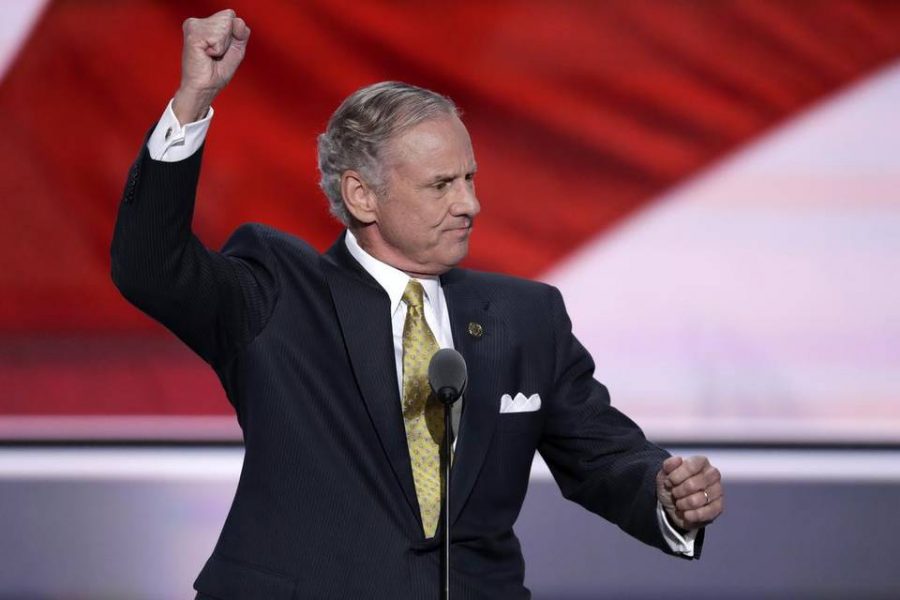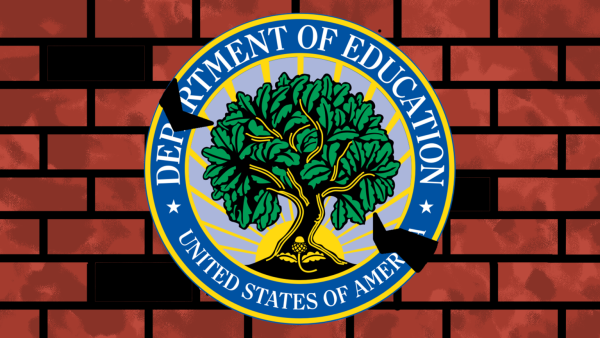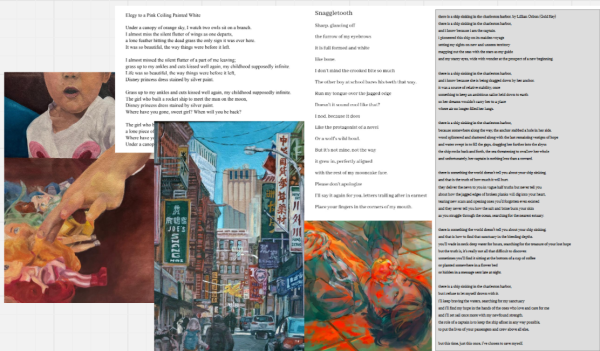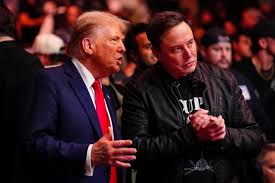Meet South Carolina’s new Governor: Henry McMaster
As Governor Nikki Haley accepted the role of American Ambassador to the United Nations, her title as governor is temporarily reserved, permitting the “Lieutenant Governor” to fill the position. Henry McMaster, the 91st Lieutenant Governor of South Carolina, assumed office January 24th, immediately after Nikki Haley’s formal recognition as the Ambassador. Many South Carolinians, oblivious to his presence as the Lieutenant Governor, were surprised by the quick and thorough transfer of power. There are various ways in which lieutenant governors are elected, as there four different methods among 45 (of 50) states who have filled the position. Each method of selecting the lieutenant governor has similar popularity, and there is no federal power to dictate the states rights’ in this affair. States such as Michigan, Florida, and Illinois elect the lieutenant governor on the same ticket, assuring that the governor and lieutenant governor serve under the same political party. States including New York, Pennsylvania, and Wisconsin use a system that runs on the same ticket in the general election, yet there is a separate election in the primaries. Entirely separate elections are used in California, Texas, South Carolina, etc., though most voters typically vote governor, lieutenant governor, and other positions from the same political party. Lastly, only West Virginia and Tennessee use an alternate method than those mentioned: election by the state senate. In the case of South Carolina, Henry McMaster was elected separately, though he’s also a member of the Republican Party.
McMaster was born on May 27, 1947 in Columbia, South Carolina to parents William Appleby McMaster and Linda Ann (from Charleston). He graduated from South Carolina with a bachelor’s degree in history, where he preceded to enroll at the South Carolina School of Law and graduate in 1973. After serving in the United States Army Reserves, McMaster took many positions in governmental spots under the legislation department. President Ronald Reagan selected McMaster as a United States Attorney in the South Carolina district, largely in part due to the recommendation by South Carolina Senator Strom Thurmond, an influential figure in the federal government for countless years. McMaster gained credibility during his years as an Attorney through his creation of Operation Jackpot, a plan initiated to infiltrate and arrest the leaders of the drug trade entering South Carolina. Over 100 members of the trade, know as “gentlemen smugglers”, were arrested during McMaster’s tenure as attorney. After serving 7 years as the South Carolina Republican Party Chair, McMaster was elected as a Attorney General in 2002 and 2006. He ran for governor in 2010, where he finished third in the Republican Primary, but later endorsed Nikki Haley, the future governor and United States Ambassador to the United Nations. On March 27, 2014, McMaster announced his plans to run for Lieutenant Governor, where he received 44% of the vote among 3 total candidates. After Governor Haley’s confirmation by Senate on January 24, 2017, Governor McMaster assumed the position and became the 117th Governor of the State of South Carolina.
McMaster, despite his impressive track record in law and government, has had his fair share of controversy. During his campaign for governor in 2010, McMaster accepted donations of $70,000, largely to pay off the debt that was a result of his unsuccessful campaign. South Carolina’s legal maximum for donations is $51,850, thus causing the Ethics Commission of South Carolina to investigate the situation and eventually advocate a court case. The status of the case has since subsided, though McMaster’s attorney has assured the public that it is settled. During his campaign for lieutenant governor, Democratic Representative and opponent Bakari Sellers attacked McMaster’s membership of the Forest Lake Club, an all-white golf and country club in Columbia. Sellers challenged McMaster on his 30 year membership because he believed it represented the past, in all of its discriminatory history. McMaster refuted Sellers’ attack, claiming the club’s racial one-sidedness did not reflect any form of racial discrimination. Only yesterday, February 7, 2017, McMaster made headlines as governor by sending a formal request to President Donald Trump, requesting for $5.18 billion in infrastructure improvements. These infrastructure improvements include the deepening of Charleston Harbor, a task that will increase water depth to 52 feet in order to permit larger cargo ships to entering the port of Charleston. This request, though approved by many local officials (Democratic and Republican), will likely be controversial as the process competes with environmental policy and other groups. McMaster will continue his tenure as governor until 2018 (the end of Nikki Haley’s term), where he will most likely seek reelection.








